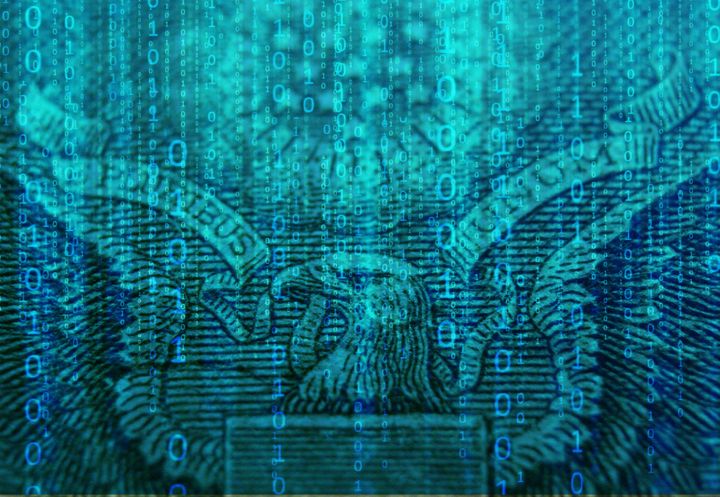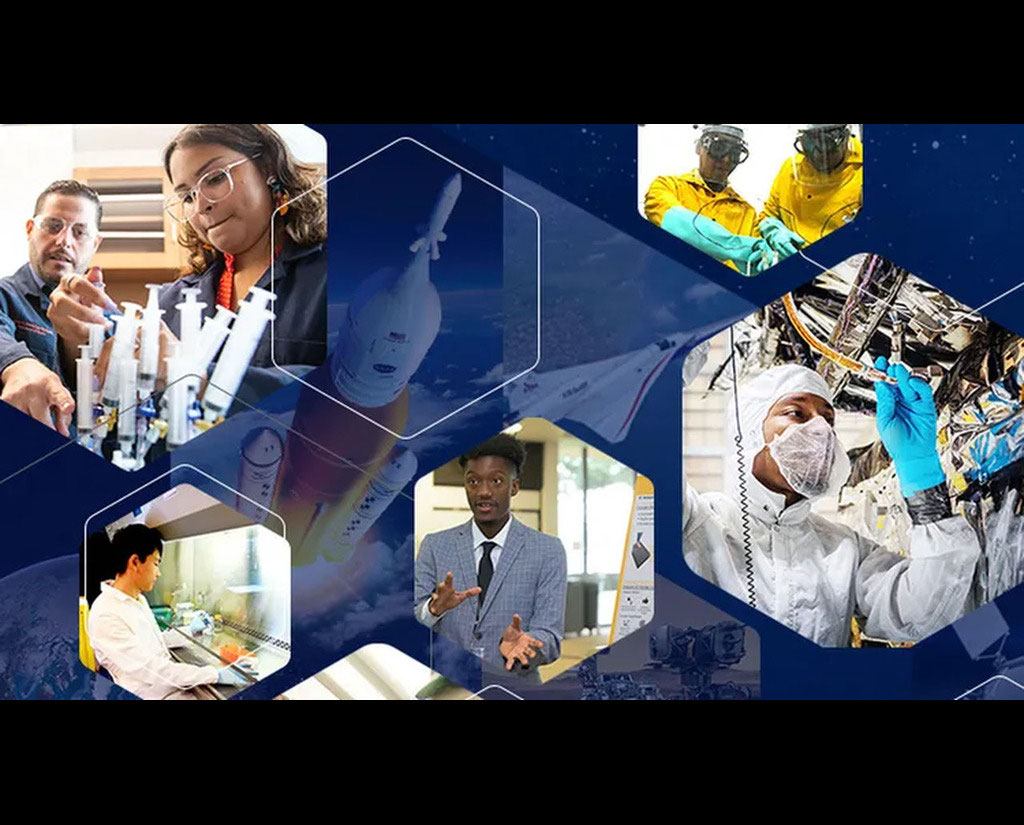
Cognitive computing and artificial intelligence are most commonly associated with high-tech industries, tools for the disabled, and of course, murderous robots. However, cognitive computing will soon revolutionize a sector not often associated with state-of-the-art technology: banking. The industry requires automated systems and large databases, but also highly technical decisions that need complex calculation.
Bankers are apprehensively preparing for the integration of artificial intelligence, since cognitive computing is seen as a disruptive but inevitable technology among experts. IBM’s first cognitive computing technology, Watson, is already available in the United States where even hospitals have begun testing the system. Now, the company is now programming Watson to learn Japanese, and a couple of important banks in Japan have agreed to try it out.
Banking has not changed in a long time, and for now, cognitive computing will not fundamentally change how the system works. However, as with almost everything else, artificial intelligence instead offers efficiency, leaving only tasks that require a human mind for workers. That leaves extra time to have those sophisticated thoughts that still separate us from machines (even if that gap is getting smaller every day!). Here are three ways life at the bank will be much, much easier with the benefits of cognitive computing.
Customer Service
Call centers are one of the little annoyances of daily life, but customer service would be greatly enhanced by cognitive computing. While that may sound like an even more complicated and awful version of the automated voice that presents callers a series of menus, it will actually be much better than talking to a person. Instead of being directed to multiple departments and repeating your information several times before finally reaching someone who can help, a cognitive system will be understand the problem and find a solution in one conversation. Unlike a human customer service agent, they also have instant access to an overwhelming amount of information. You won’t even need to verify your identity; the cognitive system will be able to tell who you are and will even recommend services based on demographics like age and location.
Loans
Making financial decisions is difficult. Unless you’re a financial expert, it can be impossible to tell whether any particular course of action is the right one, and finding and consulting a money manager can be expensive. Instead, cognitive computing will be able to quickly calculate how much credit someone is available for or whether they qualify for a loan. Even for a loan counselor, the many calculations involved in evaluating an application can be time-consuming and difficult. An automated bank can help you decide immediately whether you should get a new vehicle or even buy a house. By using artificial intelligence for these tasks instead, loan officers will be able to focus on less mundane tasks.
Investing
Another area in which hiring a professional is an expensive prospect, investing could be greatly improved by cognitive computing. As Olivier Crespin, the chief operation officer for the Consumer Banking & Wealth Management division of DBS Bank, explains in an interview for Baseline Magazine,
“As a wide body of investment literature becomes directly available to … clients, relationship managers must be conversant about the latest market developments, house views, product desk calls and recommendations”. In other words, investment bankers now need to give more up-to-date, personalized advice than ever before. DBS Bank has also begun using IBM’s Watson to analyze “unstructured data”, since it allows disparate pieces information to be considered all at once. That means specific recommendations that consider the customer’s demographics as well as personal preferences like risk aversion.
Over the next few months, we’ll be exploring some of the varied applications of cognitive computing, and see just what can be accomplished with a simple document-reading program. Make sure to check back with the blog soon for more information on how life in the future will be different because of artificial intelligence. Or, if your interest has been piqued, consider entering the contest yourself!








